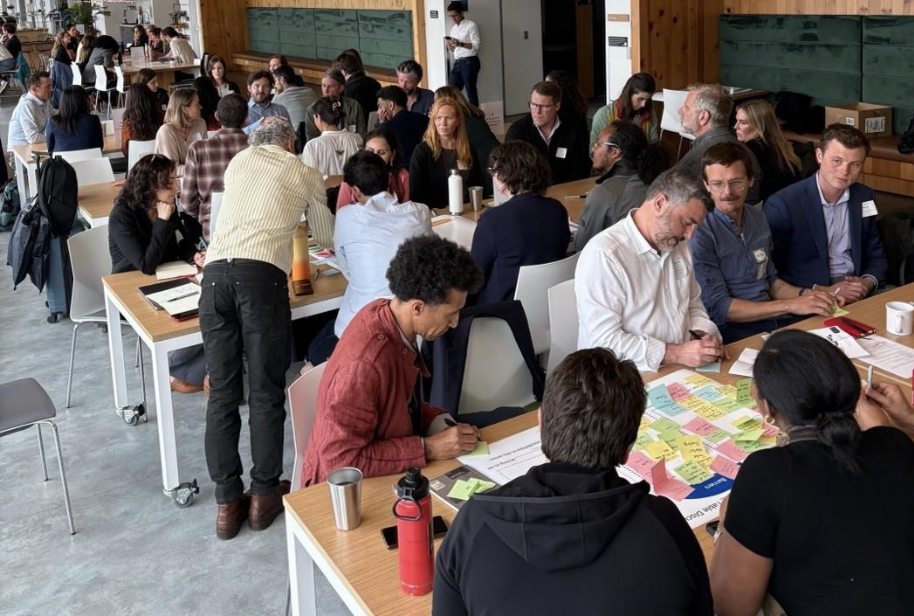Cisco’s AI Initiatives for Climate Resilience: A Game Changer in Sustainable Agriculture
Northampton, MA / Access News / September 12, 2025 / By Jocelyn Matyas, Alex Wilkins

AI + Climate Innovation Laboratory
Cisco’s sustainability chief recently hosted an AI + Climate Innovation Laboratory during Climate Week in San Francisco, uniting over 100 experts, founders, and investors. This forum focused on the role of artificial intelligence (AI) and vital data in various climate sub-sectors, highlighting the potential for AI-driven solutions.
The Data Challenge in Climate Technology
While AI presents significant opportunities for climate innovation, the success of these technologies hinges on access to diverse, high-quality data—a challenging and costly endeavor within the climate sector. This data deficiency complicates an already intricate financial landscape, which relies on a blend of public, philanthropic, and private funding to support climate technology advancements.
Investment Strategies through the Future Regenerative Fund
The Cisco Foundation’s Future Regenerative Fund (RFF) is committed to addressing these data shortcomings by supporting innovative AI applications and facilitating access to essential data. Recent investments focus on regenerative agriculture and forest fire resilience, demonstrating effective mixed financing approaches and providing valuable case studies in the field.
Empowering Farmers with Regenerative Agriculture Practices
American farmers eager to transition to regenerative practices often face obstacles, such as limited capital and inadequate data infrastructure. Recent USDA reports show a concerning decline in the agricultural working fund, which restricts farmers’ capacity to invest in sustainable practices. In response, Cisco has provided funding to the Fractal Farmer Fund, promoting a revolutionary financial model that maintains farmers’ control over their land while delivering long-term incentives for adopting regenerative methods.
Fractal’s AI-Driven Approach
Fractal employs AI and machine learning to analyze land productivity, offering precise assessments for investment decisions. By integrating climate risks and soil health metrics, Fractal’s model surpasses traditional evaluations, ensuring farmers like Jesse Hough can sustainably enhance yields. To continue this impactful work, expanding data infrastructure is imperative, facilitating subscription services and incentive frameworks essential for long-term agricultural resilience.
Advancements in Forest Fire Management
In addition to agriculture, Cisco has invested in initiatives aimed at combating forest fires and enhancing land management through vibrant technology solutions. The Vibrant Planet PBC operates under the principle that understanding ecosystems is essential for preventive measures. Utilizing satellite imagery and AI-driven models, they provide granular insights into forest health and fire risks, equipping land managers with invaluable information for effective decision-making.
Conclusion: The Path Forward
Cisco’s efforts in mixed financing and open data initiatives illustrate the transformative potential of AI in enhancing climate resilience. By supporting regenerative agricultural practices and effective forest management strategies, these initiatives are paving the way for a sustainable future that balances innovation with ecological stewardship. Collaboration across various sectors is key to unlocking the full potential of AI in addressing the pressing challenges posed by climate change.

